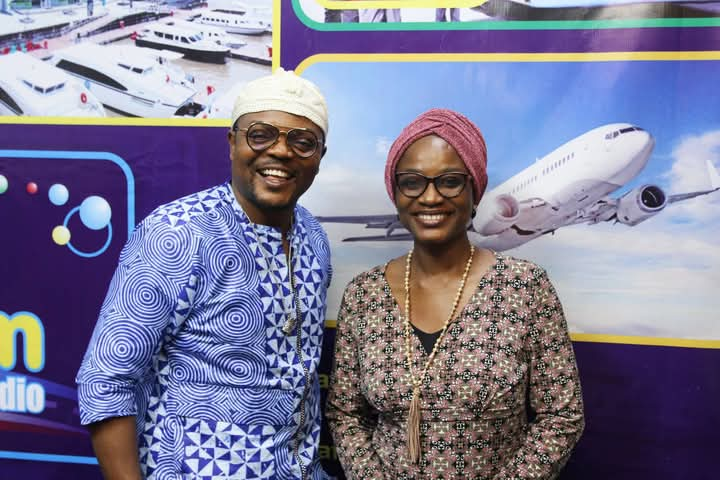The General Manager of the Lagos State Materials Testing Laboratory (LSMTL), Olayinka Abdul, has called on residents of Lagos to report any signs of structural distress in buildings across the state.
He stressed that citizen vigilance is key to preventing building collapses.
Speaking on Lagos Traffic Radio 96.1 FM during the programme Materials Testing Mata, Abdul urged the public to embrace the “See Something, Say Something” initiative, highlighting the critical need for compliance with materials testing procedures to avert disasters.
“Building collapse will remain a recurring issue if we continue to neglect materials testing,” she said, referencing the recent collapse of a three-storey structure on Oremeta Street, Ojodu-Berger.
She disclosed that the building had failed a destructive test and required further professional input from structural engineers, having been abandoned for over a decade.
RECOMMENDED POSTS
According to Abdul, the collapse occurred due to a disregard for building regulations and the unauthorised construction of additional structures at night, deliberately timed to evade government oversight during the Easter public holiday.
She noted, “Construction work was carried out at night. Residents should have raised an alarm to prevent such a tragedy. We all need to be more deliberate in informing the appropriate authorities when we notice suspicious activity. Reports can be made via WhatsApp to 07058890232.”
Abdul also announced that all neighbouring buildings around the collapse site would undergo a non-destructive integrity test, starting Tuesday, 22nd April.
She proposed a five-year routine assessment of long-standing structures in Lagos to mitigate risks.Reiterating the importance of compliance, she stated, “Sanctions will be imposed on those responsible for violating the existing building codes. Without rigorous testing, we risk constructing buildings that endanger lives and property.”
Highlighting the broader mission of LSMTL, she said the agency remains committed to ensuring that all construction materials meet the highest standards of quality and safety in line with the state’s urbanisation demands.
“Materials testing is not just about safety; it is also about sustainability. By using high-quality materials, we reduce the need for constant repairs, conserve resources, and cut down on waste,” she added.
Abdul encouraged Lagosians to prioritise safety and be active participants in securing their environments.
“There is a centralised operational safety process under the Lagos State Government. Every resident has access to this system and should use it. All it takes is to say something when you see something.”
